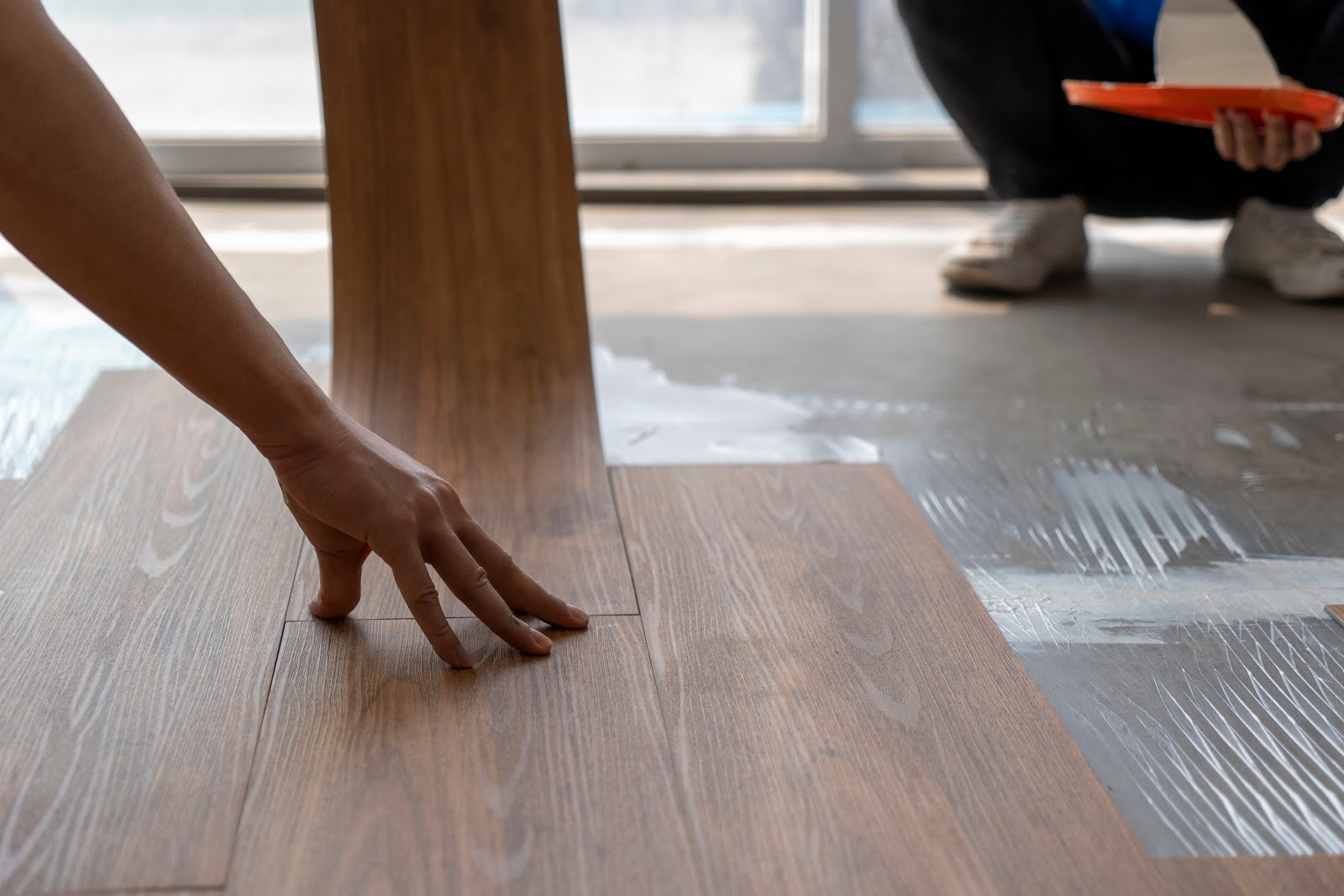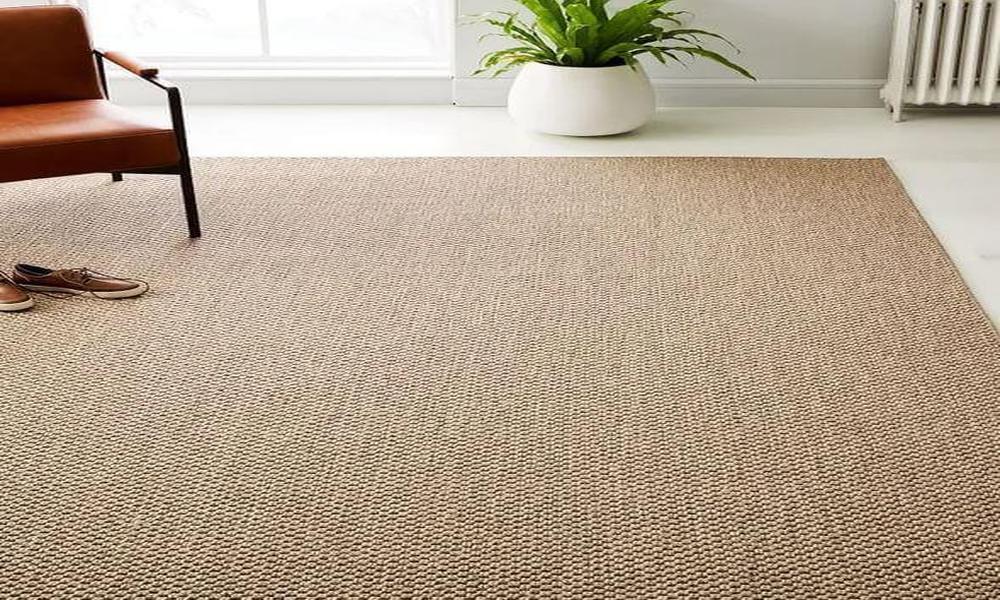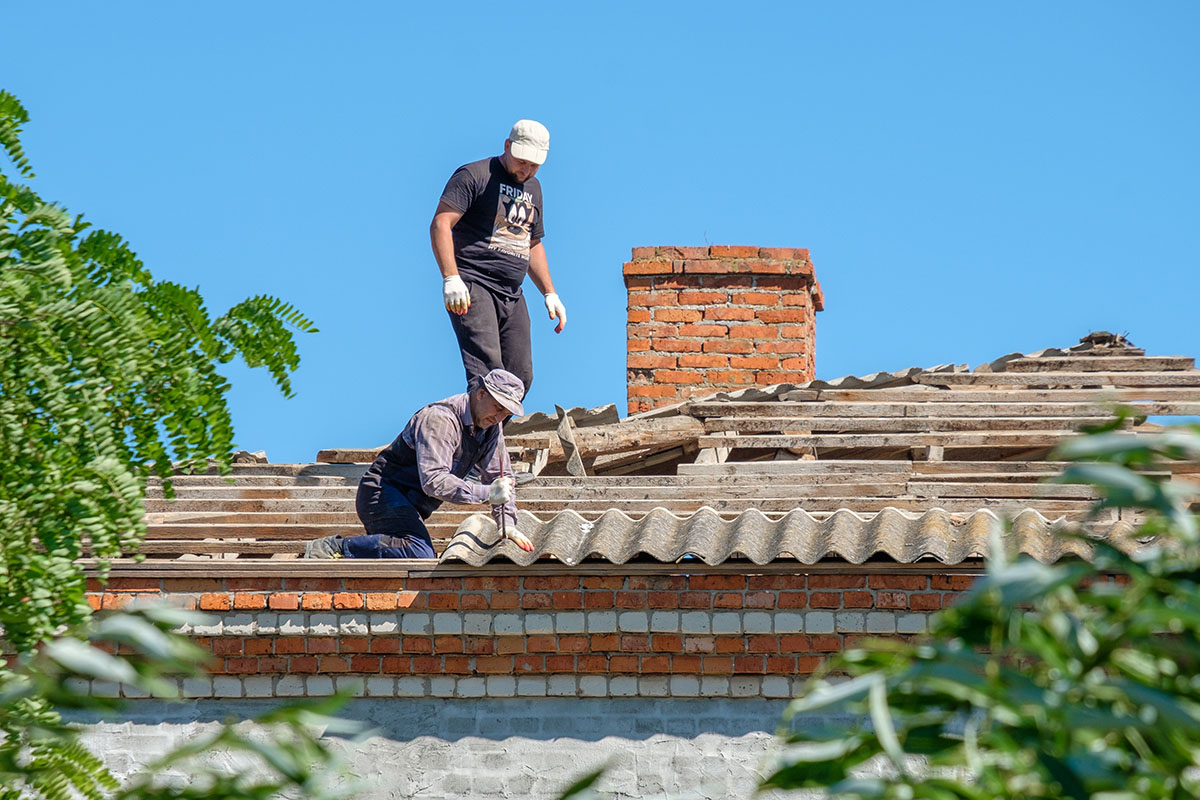
Vinyl flooring is widely accepted by homeowners. Vinyl is durable, stylish, and affordable. It has the same appearance as natural wood floors.
The devil is you can find two types of vinyl plank flooring: luxury vinyl plank and engineered vinyl plank. They come in different colours, textures, and patterns, and you can barely tell any difference between LVP and EVP.
But there is a subtle distinction between engineered vinyl planks and luxury vinyl planks. There is a big difference between these two types of vinyl flooring, from the material to the thickness. Read on to learn more about the differences between the two types of vinyl flooring and how to choose the best one.
What is Engineered Vinyl Plank Flooring?
EVP flooring, also known as the engineered vinyl plank, is a type of flooring that has three layers. Includes top, middle, and back subfloors. The top layer of flooring is made of durable vinyl. A high-density core board is the middle layer of your EVP flooring, keeping the plank stable. The underlayment attached to the intermediate layer acts as a shock absorber.
Most homeowners now choose engineered vinyl plank as their first flooring choice. This flooring option is popular as it mimics natural hardwood and laminate surfaces. It is easy to install and requires minimal maintenance. The critical difference between hardwood flooring and engineered vinyl plank is that EVP flooring is waterproof. It can resist water, which increases its durability.
Important yet affordable is another reason homeowners opt for EVP flooring. Now you can get the look of a natural hardwood floor without spending a leg, and an arm like hardwood flooring requires.
The Advantages Of The EVP Floor
The advantages of engineered vinyl plank flooring are many. Among them, the following benefits of the EVP surface will fascinate you.
Natural and realistic appearances.
Surprisingly accurate and natural! You already know what it means if you want to connect with nature all the time, whether inside your house or outdoors. Yes, engineered vinyl plank flooring gives the feel and look of a hardwood surface. It seems so natural that many people can’t tell the difference between hardwood and vinyl at first glance. Its stiff or thick plank makes the wood look even more real.
Impermeable
This is what sets it apart from traditional vinyl flooring and hardwood surfaces. It can withstand water, unlike hardwood floors. This flooring can be installed in damp areas of your home, such as the bathroom and kitchen. You can also add warmth and beauty to hardwood flooring in areas that get wet by installing EVP flooring.
Easy installation
Engineered vinyl plank flooring can be floating. This means you don’t need to glue them to the subfloor as you do with luxury vinyl surfaces. This flooring can be easily installed on the subfloor, which reduces the cost of installation.
comfortable to walk
EVP floors are thick enough. It’s wide enough that you don’t feel pain when walking on it. The subfloor of this surface works as a shock absorber. This makes it very comfortable to walk on and feels so natural as if you were walking on it.
Easy to clean and maintain.
Engineered vinyl plank flooring can be cleaned with any household or commercial cleaner. You don’t have to worry about getting rid of dirt, debris and grime to keep your surface clean. On top of this, if the board gets damaged, you can easily lift it for repair.
The Disadvantages of the EVP Floor
Aside from the advantages, engineered vinyl plank flooring also has some disadvantages. They are:
- Do not increase the resale value of the home.
A home with tile or hardwood floors will not have the same real estate value as one with engineered vinyl plank. Hardwood or tile floors do not increase the value of your home as much as tile or hardwood.
- can scratch easily
Although it is more scratch-resistant than hardwood or laminate, it is also easily scratched by heavy objects.
What is Luxury Vinyl Plank Flooring?
LVP is short for Luxury Vinyl Plank. It is a type of plank-shaped interlocking flooring that mimics the appearance of a natural hardwood surface. It is waterproof and durable like the vinyl plank designed. It is available in many colours, patterns, or designs to encourage homeowners to install it in their homes.
LVP Floor: The Benefits
Here are some excellent features and benefits you can enjoy when installing an LVP surface in your home.
waterproof and durable
LVP flooring is practically waterproof. They can be placed in damp areas such as the basement, bathroom or kitchen. It can withstand everything from pet accidents to spilt water and pet hair. Its durability is not a problem.
Fashion
The best thing about luxury vinyl plank flooring? It comes in many different patterns, colours, and designs. Therefore, you can choose one from there that resembles your existing home décor. The realistic patterns and textures of LVP flooring mimic the authentic look of natural hardwood surfaces, giving your home an authentic look.
Low maintenance
The only cleaning workflow you need to do regularly is mopping and sweeping the LVP surface to keep it looking authentic for a long time. To remove dirt, dust, and grime from your floor, you can use any cleaning agent. It can withstand wear and tear so you can place it in high-traffic areas.
Floor LVP: The Disadvantage
The advantages of LVP are not the only disadvantages. These are:
- It can be complicated to install it on the subfloor. It would help if you stuck it on the subfloor.
- Although it is waterproof, it cannot withstand too much exposure to water.
- It is not as durable as engineered vinyl flooring.
- Fewer insulating characteristics compared to EVPs.
EVP Vs LVP: Which Is Better, LVP Or EVP?
From the above, you get an idea about EVP and LVP floors and their advantages and disadvantages. Now we will learn about the differences between these two types of flooring. Let us begin.
Thickness
The thickness is what makes an engineered vinyl plank different from a luxury vinyl plank. The engineered vinyl plank flooring will be thicker than that of luxury vinyl plank. It has three layers: the top layer, the high-density core board, or the middle layer, as well as a base. On the other hand, luxury vinyl planks are made from various PVC materials. Due to the difference in thickness, EVP flooring lasts a long time and can resist wear and tear.
Installation Is Easy
Engineered vinyl plank flooring is easier to install than LVP flooring. EVP is a floating floor. In other words, you don’t need to mess with glue to install it. LVP, on the other hand, requires the bond to be installed on the subfloor. Engineered vinyl planks are easy to install, and you don’t need to hire a professional for this task.
Longevity
When it comes to durability, EVP outperforms LVP flooring. EVP flooring is thicker than LVP and has three layers. It can withstand water, high temperatures, and normal wear and tear. On the other hand, the LVP surface cannot be protected for a long time from exposure to UV rays from the sun. Although luxury vinyl plank can resist water, it is not as water resistant as EVP. The top layer of vinyl and the rigid core layer of EVP make this flooring durable compared to its counterpart.
Appearance
This is the hardest part! The most common way to decide which is better is to look at the appearance. Both flooring styles mimic hardwood flooring. We remain neutral. You can choose any flooring if you decide on its appearance and style.
Thermal isolation
It depends on the core layer of the soil type. The EVPs floor has three layers, and this floor is made up of high and medium-density boards. On the other hand, LVP flooring uses polymeric vinyl as the core. Polymer flooring is not effective at insulating heat. EVPs can effectively insulate the heat and feel warmer than LVP surfaces.




